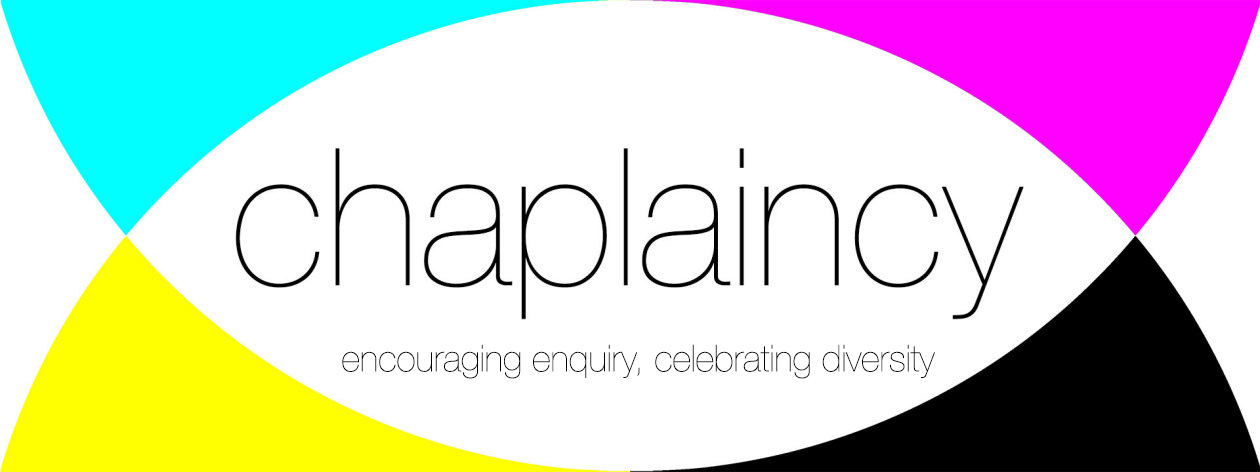As Muslims throughout the world prepare to observe Ramadan, UAL lead chaplain William Whitcombe talks to Najia Ahmed, UAL Student Services Information Helpdesk officer about what it all means …
image credit: ual chaplaincy
Can you tell us a bit about what Ramadan is all about?
Ramadan takes place every year for a month. Its a month of fasting, so no food or water from sunrise to sunset. The start date depends on the cycle of the moon, so each year Ramadan starts roughly 10 days earlier than the previous year (for 2019 it runs from 5 May to 4 June). Over the course of your life time, you will find yourself observing Ramadan in all four seasons. Fasting is one of the five pillars of Islam which is one of the main fundamentals of being a Muslim. It’s obligatory to observe Ramadan for every able Muslim. Its not all about abstaining from food, it’s a time of reflecting and taking stock of the past year, counting your blessings and an opportunity to start new and positive habits. Giving charity is another pillar in Islam and you will find in the month of Ramadan many Muslims giving back to those in need and working on bringing the community together. The other 3 pillars consist of stating your belief in Allah, praying, and performing Hajj (pilgrimage to Mecca).
What does it mean to you, and what’s the most rewarding and most challenging aspect to Ramadan?
Ramadan for me is a time to reconnect to my faith; as the days and months roll by, you tend to fall off the wagon so to speak. It’s about working on myself so I become a better version of myself, to be a better Muslim. Being a better Muslim is not just about the physical actions of praying 5 times a day or learning prayers off by heart, but it’s also about working on your soul, getting rid of negative energy in your life or negative influences and putting out positive energy. I like reading the Quran more in Ramadan, all your good deeds are said to be exemplified during this month and as I believe in life after death, it’s good to have those good deeds piled up. Every Ramadan I try to set myself a goal of what I would like to accomplish; last year was a small goal of trying to memorise a prayer which I did and which I am proud of. I am hoping to set myself a bigger goal this year as I have more time. When the fasting days were shorter, we would get together with the rest of the family to break our fasts. Breaking your fast together feels like you’re part of something bigger than just you.
The biggest challenge for me is the lack of sleep. Anyone who knows me, knows how much I love my sleep and my ability to snooze anywhere. When you’re fasting you have to wake up before sunrise and have breakfast to get you ready for the day ahead. Depending on the time of year, breakfast can either be 2am, 4am or 6am. You then finish your morning prayers and go back to sleep before having to wake up for work.
The most rewarding for me is accomplishing the fast. You feel like you have achieved something and when you do finally eat, you feel so grateful you can eat and have the ability to prepare so many delicious type of food, you truly do feel blessed for all that you have. You also realize how much you eat unnecessarily and how much time is spent thinking about and preparing food. During Ramadan we tend to cook and eat simple foods that doesn’t take long to prepare and you realize you have so much spare time!
Are there any practises in Ramadan that non-Muslims could implement into their lives, and how might it be beneficial?
Ramadan is a time of thinking of others, giving back to the community, whether it’s with money or volunteering your time. It’s about being grateful and happy for the things we have and spending time thinking about how to improve our lives for the better. Setting goals and motivating yourself to do more. This is something we can all do.
Lastly, do you have any advice to UAL staff when it comes to students and the sort of understanding and support they may need while observing this period?
I think encouragement is always good and to also be open to talk about it and acknowledge that Ramadan is taking place. I personally don’t mind talking about it and if any one has questions, I am more then open to answer them. For me the worst thing someone can say is ‘I could never do it’, which is fine because the thought of not eating or drinking for 17 hours seems hard, but in actuality the body can achieve a lot. For Muslims, we are fasting for spiritual reasons which goes beyond our day to day lives.
